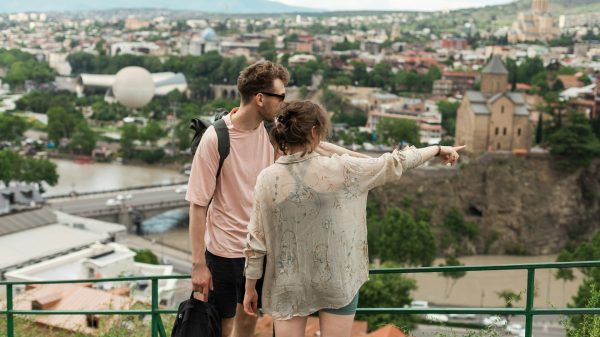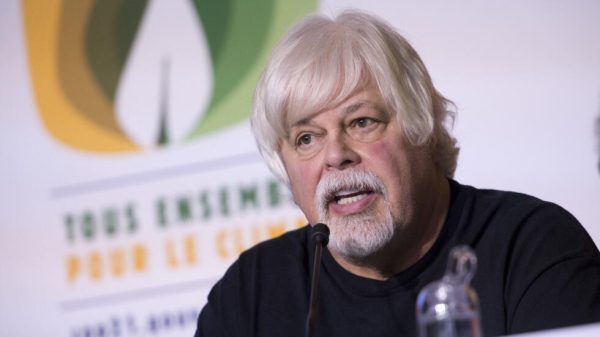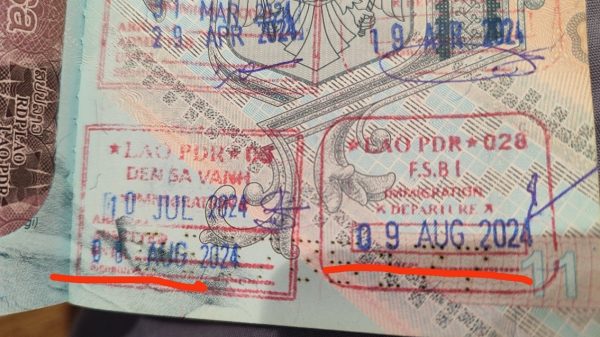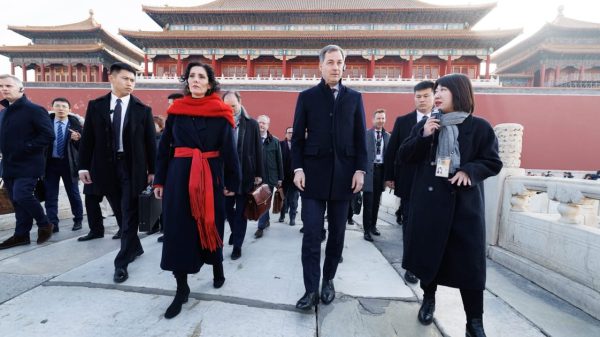A smear campaign has been going on abroad for quite some time to discredit the government of Bangladesh, particularly before the Western world – writes Syed Badrul Ahsan. Such attempts are being made by elements who in the recent past expressed, in more ways than one, their unhappiness at the moves by the Bangladesh authorities to bring the local Bengali collaborators of the Pakistan army in 1971 to justice over their participation in the genocide committed by the army in the nine months of Bangladesh’s war of liberation.
Judging by these attempts as well as others to paint Bangladesh in the wrong colours over the crimes allegedly committed by the authorities in Dhaka, one would imagine Bangladesh is today in the grip of a tinpot dictatorship, indeed by an entrenched autocracy that has foisted itself on the country through sheer force of arms rather than assuming power through general elections.
The disinformation has been acquiring intensity in recent months, as can be observed from the pressure exerted by overseas governments and organisations on the government to ensure a free and fair election come January next year. Part of the disinformation has to do with the general elections of 2014 and 2018 when the Awami League was returned to power through an exercise of the popular vote. One will not argue that the elections were perfect, that everything went smoothly.
AdvertisementHowever, one cannot but make it known to people beyond Bangladesh that at the 2014 election, the political opposition declined to take part in the exercise. That led to 153 candidates of the Awami League being returned to parliament uncontested. The remaining 147 seats (Bangladesh has a 300-seat parliament, with an additional 50 reserved seats for women) were contested by the Awami League and smaller parties which did take part in the election. And yet false information has been disseminated that the election was not fair.
Which takes us to the election of 2018. One certainly acknowledges the fact that the voting raised some questions both at home and abroad, but to suggest that it was a midnight election, one in which votes were stuffed into ballot boxes by adherents of the ruling Awami League, stretches credulity. Despite opposition allegations that the election was stolen, there has been no evidence on its part to support its arguments. Moreover, there has been no writ filed with the judiciary protesting the results of the election. Such complaints before the law are standard practice in countries where voting fraud is suspected. No such complaints were registered in Bangladesh.
Disinformation against Bangladesh is certainly not a new phenomenon. In 2013, when security forces ejected a mob brought together in the capital Dhaka by the Islamist outfit Hefazat-e-Islam, one that disrupted public life and threatened law and order, it was given out by so-called human rights bodies known for their anti-government stance that hundreds of Hefazat supporters had been killed and their bodies dumped inside sewer pipes and drains. Investigations conducted by the administration found no bodies and therefore no proof of such innuendo. And yet the lie was taken up abroad to paint Bangladesh as a state where political dissent is given short shrift.
One needs to go back a little in time. About a decade ago, the Bangladesh government, through setting up special tribunals, went into the job of bringing the 1971 collaborators of the Pakistan army to justice on charges of complicity in the genocide committed by the soldiers. A huge outcry was the result in the West, especially from supporters of the Jamaat-e-Islami. The disinformation was simple: that the trials were not fair, and that international standards were not being followed in the prosecution of the accused.
That was a deviation from the truth. Moreover, the defenders of the war criminals carefully and deliberately overlooked facts — that the accused had openly and proudly engaged in orchestrating the killings of large numbers of Bengalis, including scores of intellectuals, throughout the course of the war in 1971, that a whole body of evidence testified to their guilt. Justice was done to these collaborators in Bangladesh, but their overseas friends ignored or deliberately suppressed the record of their past misdeeds.
Disinformation has been taking a bizarre shape, with suggestions flying around of crimes against humanity having been indulged in by the government since it was elected to office at the December 2008 election. When a government established by popular consent undertakes operations to ensure the security of citizens and the state, that is not a crime. If the question relates to ‘disappeared people, obviously there will be concerns. If any citizen is disappeared by a state agency, it becomes the moral responsibility of the government to ensure that those who have disappeared are recovered and brought back home. One expects the Bangladesh government to go seriously and forcefully into taking up the cases of those who have gone missing and making certain that the plaintive cries of their families are heard.
That said, has it occurred to human rights organisations abroad to investigate cases of how many people disappeared by government agencies, how many went missing of their own accord and how many of the disappeared came back home? Inquiries about those who remain missing are ongoing in the country. A curious allegation here is that the security forces in Bangladesh receive orders from the Awami League government. But shouldn’t that be the rule? Where else do security forces have their orders from, in any country?
Now to another aspect of the disinformation campaign. To level the accusation that the Bangladesh media do not have the freedom to engage in independent reporting is another untruth bandied about by certain elements at home and abroad. One simply needs to go through the op-eds in the newspapers and observe the tenor of television talk shows on national politics to understand the falsehoods being voiced abroad about media freedom in the country.
It is obvious that those who have cheerfully been carrying on their campaign of disinformation about political realities in Bangladesh have ignored such historical truths as the national requirement of getting the country back on the rails of authentic history. For twenty-six years, in 1975-1996 and 2001-2006, Bangladesh remained in the grip of military and quasi-military rule. It was a period when the nation’s history fell prey to forces determined to push the country into an illiberal and communal mould. For the last many years, therefore, efforts have been geared toward a restoration of history on the basis of secular democracy.
The government has in the last fourteen years cracked down hard on Islamist militants. It remains focused on ferreting out remnants of such elements through unceasing operations by the security forces throughout the country. Such truths are carefully concealed or overlooked by those producing and disseminating disinformation against Bangladesh. Again, part of the disinformation campaign has had to do with the relocation of segments of the Rohingya refugee population to Bhashan Char from the crowded camps in Cox’s Bazar. The criticism has related to the so-called insecurity, isolation and vulnerability to nature’s fury of the refugees. And yet the Rohingyas, in Cox’s Bazar and Bhashan Char, more than a million of them, have been cared for with due diligence and adherence to humanitarian principles by the Bangladesh authorities.
Bangladesh is not being administered by an authoritarian regime but by a government which is battling demons massed around it and the country. The feeling, a credible one, has grown in the country that this disinformation campaign, coming in tandem with the insistence on fair elections by Western governments, is but a subtle, carefully orchestrated campaign to unseat the government led by Prime Minister Sheikh Hasina from power.
No government is perfect. No country is paradise. No one pretends that everything is right with Bangladesh. In equal measure, no one should draw the conclusion that everything is wrong with the country.
And here’s the final point. No country with self-esteem, and for all the travails it goes through, will permit propaganda fashioned and publicised abroad to undermine its politics and its constitutional base.
The writer Syed Badrul Ahsan is a London-based journalist, author and analyst of politics and diplomacy.





















































